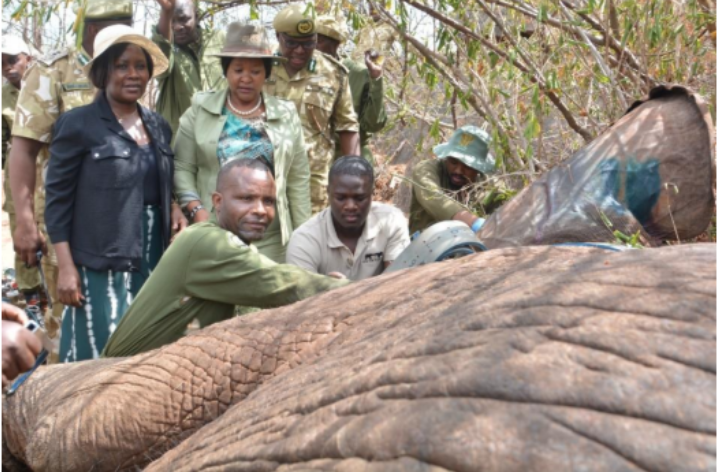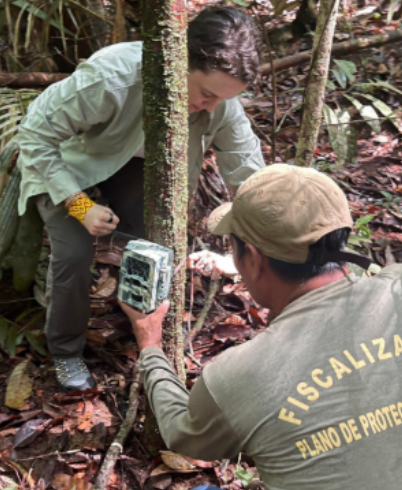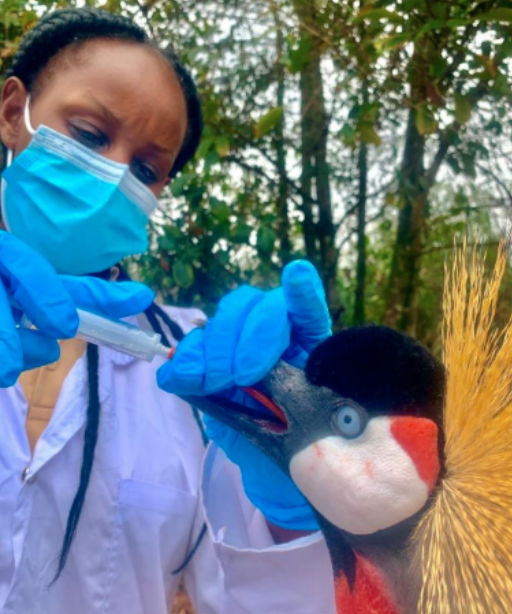Although the life of a wildlife conservationist can be filled with existential angst due to the extinction crisis that so many species are facing, it is also filled with moments of great joy and great satisfaction. The joy can come from just being out in nature, seeing fascinating wildlife, and observing riveting natural behaviors. Satisfaction can come from successfully protecting an important habitat, or seeing a population of a rare species actually recovering and increasing in number.
Interestingly, one of the greatest feelings of satisfaction that I get comes from helping people – in particular mentoring the next generation of wildlife conservationists. Whether it is seeing the spark in children’s eyes when they interact with wildlife, or when I help an early career conservationist with technical assistance, strategic planning, or support in writing a paper for publication, I know that I’m not only making a difference in that person’s life, but also helping that person in their quest to save wildlife – a ripple effect that goes well beyond what I can possibly do myself.
Probably the most dramatic version of that is Zoo New England’s partnership with the Wildlife Conservation Network (WCN) Rising Wildlife Leaders Graduate Scholarship Program. This program provides scholarships for young conservationists from lower income countries to get their Masters or PhDs at top-flight universities around the world. This isn’t just a step up in their careers – it is often the equivalent of an entire staircase, providing them with a path to get past a ceiling that previously existed due to a lack of funding, or even a basic understanding of how to find an appropriate graduate school.
There are three funding streams for these scholarships – straightforward wildlife conservation studies, wildlife veterinary studies, and also scholarships available for US Indigenous Tribal conservationists. This past year WCN awarded an amazing 28 graduate scholarships to young conservationists from all over the world. Here are just a few of these scholars:
Shivan Kaitesi Kamugisha from Uganda
Pursuing a PhD at the University of Massachusetts Amherst on lion distribution and population dynamics.
Jessica Kamatenesi from Rwanda
Pursuing a Masters Degree from the University of Edinburgh on health and disease risks of gray-crowned cranes.
Juliana Martins from Brazil
Getting her PhD from Imperial College of London, studying road impacts on wildlife in the Amazon.
Eva Johnson Ayaro from Tanzania
Currently studying for her Masters at Oxford, looking at the illegal trade of chameleons.
Victor Ndombi from Kenya
Getting his Masters at Newcastle University on reducing human-elephant conflict.
Astighik Markosyan from Armenia
Getting her PhD from the University of Wisconsin-Madison, studying how to mitigate human-gray wolf conflict in her home country.
Erasmus Oreret Tukei from Uganda
Currently getting his Masters on the impact of zoonotic disease on mountain gorillas.
Xavier Lovato from the Santo Domingo Pueblo tribe
Attending the University of Montana while studying conservation of the Mexican spotted owl on his native land in New Mexico.




Knowing that I had even a small hand in helping these young conservationists move forward in their careers is just immensely satisfying. Knowing that they will be better armed with the skill sets and knowledge needed to pursue effective conservation on behalf of threatened wildlife around the world also fills me with hope for the future.
